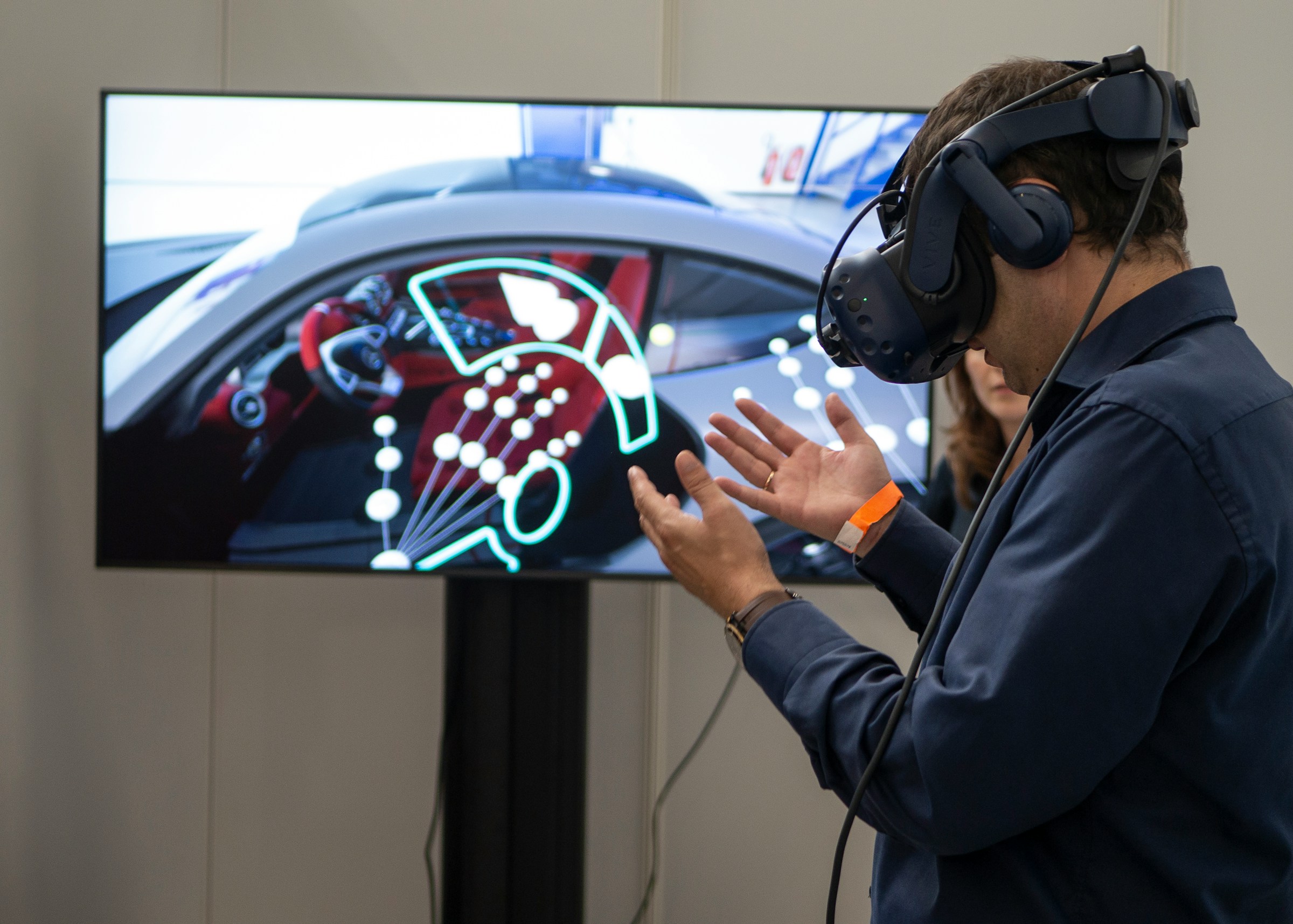The world of gaming continues to evolve, and virtual reality (VR) has become one of the most exciting advancements in recent years. As technology advances, so do the possibilities for immersive experiences, creating new opportunities for businesses in the gaming industry. However, setting up a VR gaming company in the United Kingdom presents unique challenges, particularly regarding adhering to age-appropriate content regulations. This comprehensive guide will walk you through the important steps to help ensure your venture’s compliance and success.
Understanding the Virtual Reality Market
Before diving into the technicalities of setting up your VR gaming company, it’s crucial to understand the virtual reality market. The demand for immersive experiences has grown significantly, with consumers seeking more engaging and interactive entertainment. For instance, video games have historically driven the VR market, and with the rise of social media, the integration of social elements into VR games has become more appealing.
Also to discover : What are the specific requirements for setting up a UK-based organic skincare line?
With the United States leading in VR adoption, the UK is not far behind. Users here, particularly older adults and younger audiences, are increasingly keen on exploring the potential of virtual reality. This shift has led to a surge in online communities centered around VR experiences. However, the VR market isn’t just about entertainment; health care applications, real-time simulations, and education have also embraced VR, highlighting the technology’s diverse potential.
As you enter this space, consider how your content will stand out. Will it be a video game that revolutionizes gameplay? Or perhaps a social space that allows people to connect in innovative ways? Understanding your niche and the needs of your users will guide your strategy.
This might interest you : What detailed steps are required to establish a UK-based cryotherapy clinic?
Regulatory Framework and Content Moderation
Navigating the regulatory landscape is critical when setting up your VR gaming company. The UK has stringent standards for age-appropriate content, designed to protect user safety—especially that of minors. The guidelines ensure that harmful content is kept at bay, promoting a healthy virtual environment for all users.
The British Board of Film Classification (BBFC) and the Video Standards Council (VSC) are key players in regulating content. They offer guidelines that categorize games based on age suitability. As a developer, your responsibility is to ensure that your content adheres to these guidelines.
The first step in adhering to these regulations is understanding data protection laws. The UK General Data Protection Regulation (UK GDPR) mandates strict data privacy measures. This includes safeguarding personal data and ensuring data collection practices are transparent and lawful. Incorporating robust content moderation systems is essential to monitor and filter inappropriate material.
For example, implementing real-time monitoring tools can help identify and remove harmful content swiftly. Additionally, regular training for moderators ensures they’re equipped to handle any issues that arise. By prioritizing user safety, your company not only complies with regulations but also builds trust with your audience.
Technological Infrastructure and Development
Establishing a strong technological foundation is paramount for a successful VR gaming company. This involves investing in high-quality hardware and software that can support immersive VR experiences. The choice of game engines, development platforms, and VR headsets will significantly impact the quality of your content.
Start by selecting a game engine that supports VR development. Popular choices include Unity and Unreal Engine, both known for their versatility and robust support for VR content. These engines offer extensive libraries and tools that enable you to create rich, interactive environments.
Next, consider the hardware. High-performance PCs and VR headsets, such as the Oculus Rift, HTC Vive, and PlayStation VR, are essential for delivering seamless experiences. Ensure that your development team is well-versed in these technologies and can optimize your games for various VR platforms.
Data sharing and integration are also crucial. Establish protocols for data collection to enhance the gaming experience. For instance, analyzing real-time gameplay data can help identify areas for improvement and provide insights into user behavior. This data is invaluable for refining your content and ensuring it meets the expectations of your audience.
Marketing and Community Engagement
Creating an excellent VR game is just the beginning; reaching your audience requires effective marketing and community engagement strategies. Building a loyal user base involves connecting with gamers where they spend their time—online and on social media.
Develop a strong online presence through platforms like Twitter, Facebook, Instagram, and YouTube. Share behind-the-scenes content, development updates, and teasers to generate excitement about your upcoming release. Engaging with your audience through these channels helps build anticipation and fosters a community around your game.
Collaborate with influencers and video content creators who can showcase your game to a broader audience. Influencers’ endorsements can significantly boost your game’s visibility and credibility. Additionally, consider hosting virtual events and live streams to give potential players a firsthand look at your game. These events provide an opportunity for direct interaction with your audience, allowing you to gather valuable feedback.
Building an active social community around your game is crucial for long-term success. Provide forums and social media groups where players can discuss the game, share tips, and connect with others. Actively participating in these communities helps you stay in tune with your users’ needs and preferences, making it easier to address any concerns promptly.
Ensuring Online Safety and Ethical Practices
As a VR gaming company, you bear the responsibility of ensuring online safety and ethical practices within your platform. Prioritizing these aspects not only complies with regulations but also enhances your reputation and fosters trust among your users.
Implement robust data protection measures to safeguard your users’ personal data. This includes employing encryption techniques, securing servers, and regularly auditing your systems for vulnerabilities. Transparent data privacy policies help reassure users that their information is handled responsibly.
Additionally, establish clear guidelines for content moderation. Proactively monitor and filter user-generated content to prevent the spread of harmful content. Encourage users to report offensive material and have a responsive team in place to address these reports swiftly. Creating a safe and inclusive environment is essential for attracting and retaining users.
Mental health is another crucial consideration. VR experiences, while immersive and engaging, can impact users’ well-being. Be mindful of the potential effects and provide resources or features that promote healthy usage habits. For example, implementing breaks or notifications that remind users to rest can help mitigate negative impacts.
Setting up a UK-based virtual reality gaming company involves navigating a complex landscape of technological, regulatory, and ethical considerations. By understanding the market, adhering to age-appropriate content regulations, building a robust technological infrastructure, and engaging effectively with your community, you can establish a successful and reputable VR gaming company.
As you venture into this exciting industry, remember that your commitment to user safety, data privacy, and ethical practices will set you apart. By prioritizing these aspects, you’ll not only comply with regulations but also build a loyal and satisfied user base. Embrace the potential of virtual reality and create experiences that captivate and inspire your audience.






